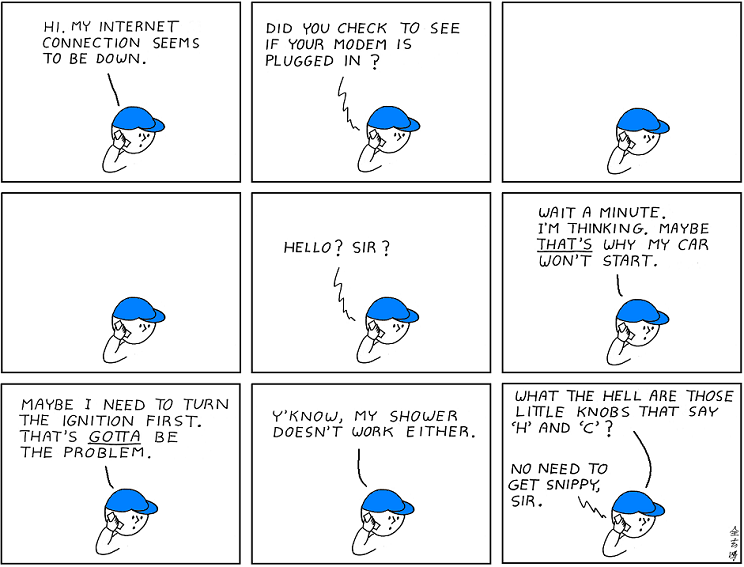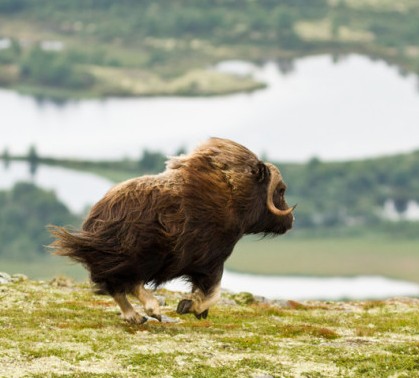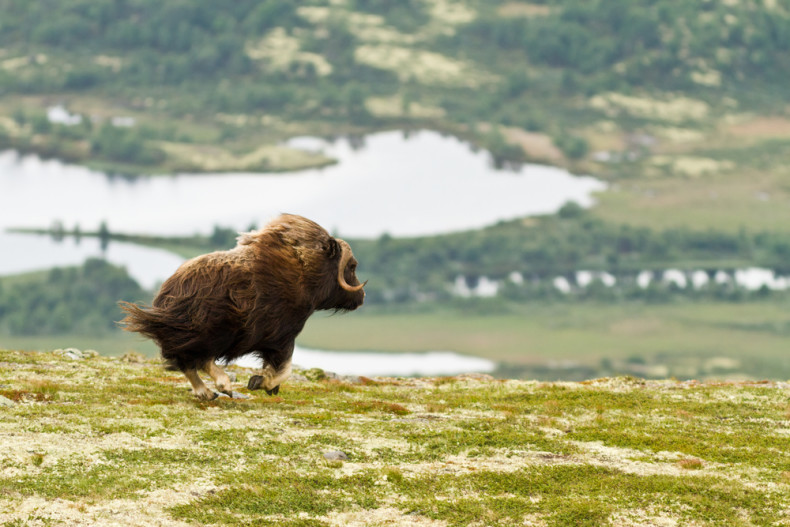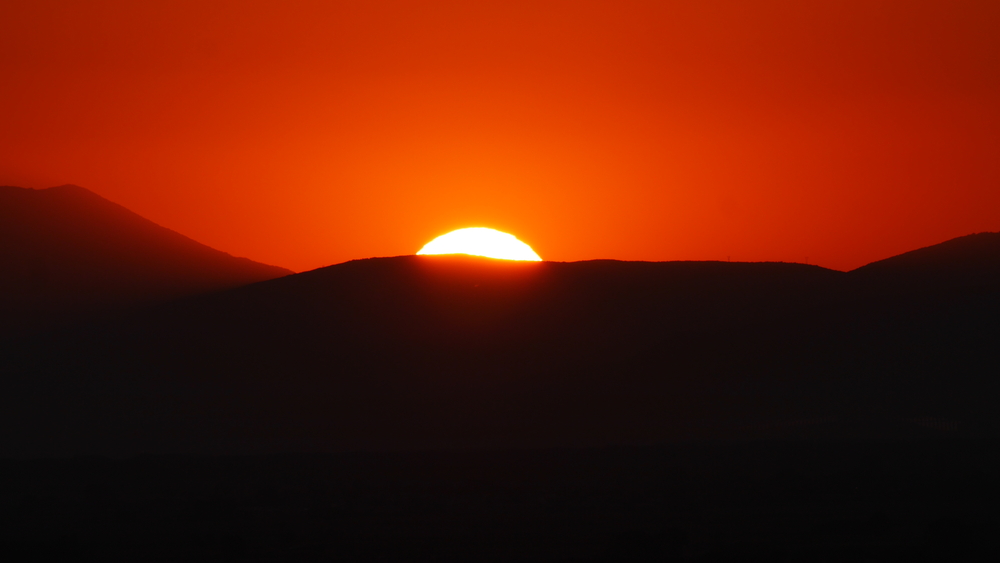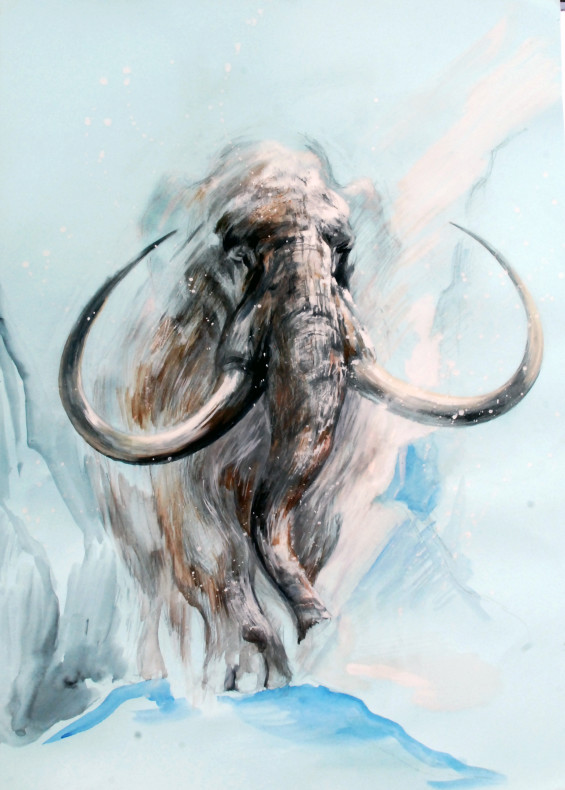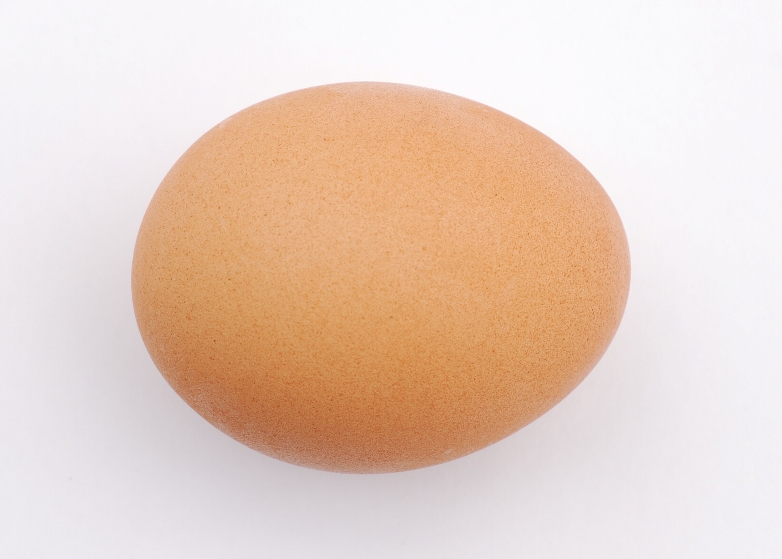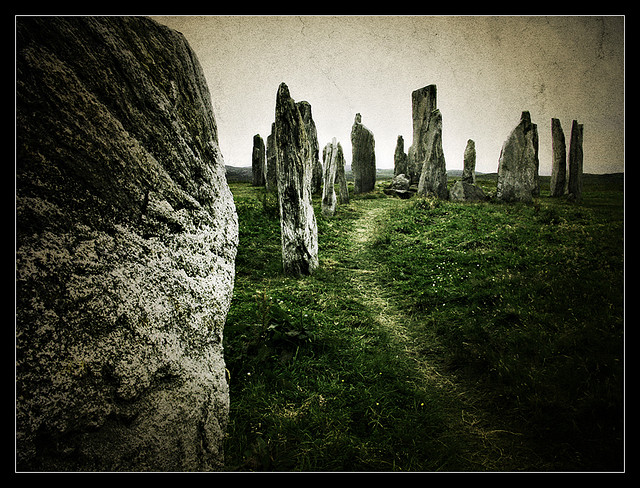 The nature writer Robert Macfarlane is so skilled—so precise, so observant—that he can make an unsuspecting reader long for mudflats. This careful selector of words is also a collector of them: Macfarlane has just published a lovely essay (and a book) about his hoard of “place words,” terms gathered over years of travel in Britain and Ireland. He’s learned that zwer is the sound of partridges taking flight; smeuse is the gap in the base of a hedge made by the regular passage of a small animal; pirr is “a light breath of wind, such as will make a cat’s paw on the water.” A kestrel is a bell-hawk—or, more memorably, a wind-fucker.
The nature writer Robert Macfarlane is so skilled—so precise, so observant—that he can make an unsuspecting reader long for mudflats. This careful selector of words is also a collector of them: Macfarlane has just published a lovely essay (and a book) about his hoard of “place words,” terms gathered over years of travel in Britain and Ireland. He’s learned that zwer is the sound of partridges taking flight; smeuse is the gap in the base of a hedge made by the regular passage of a small animal; pirr is “a light breath of wind, such as will make a cat’s paw on the water.” A kestrel is a bell-hawk—or, more memorably, a wind-fucker.
Most of Macfarlane’s words are old, rescued from obscurity, but he also collects new ones. His young son suggests currentbum for the shiny hump of water that rises over a boulder in a stream; a little girl describes soft grass seeds as honeyfur. “We have forgotten 10,000 words for our landscapes, but we will make 10,000 more,” he writes.
How true, I thought. As the climate changes, so will our vocabulary.
